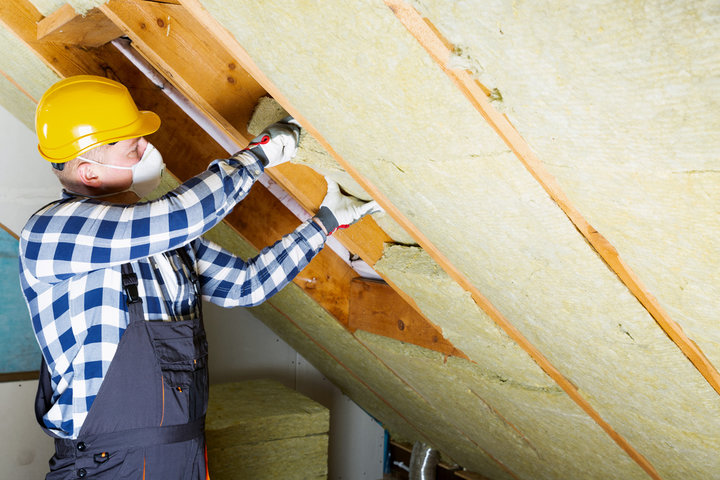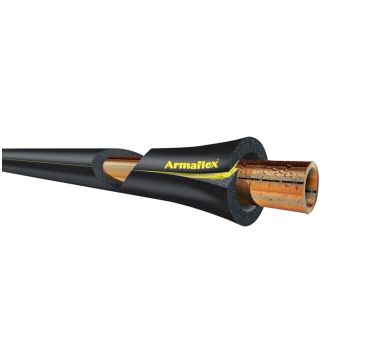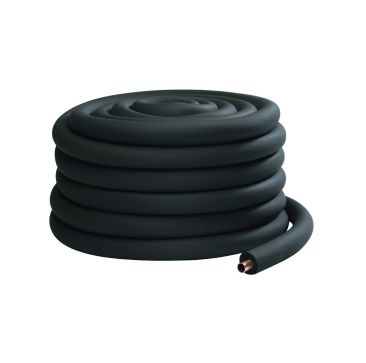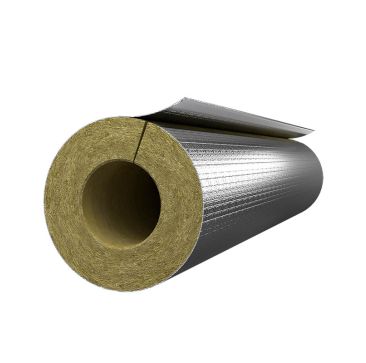Insulate and Save: How Investing in Insulation Pays You Back
We all know the sting of rising energy bills. Keeping our homes comfortable year-round can feel like a constant battle against the elements, and our wallets often bear the brunt. But what if there was a way to fight back against those escalating costs? The answer, quite literally, lies within the walls: insulation.
While the upfront cost of insulating your home might seem daunting, it's an investment that pays for itself over time. Think of it less as an expense and more as a long-term savings plan. Here's how:
The Science of Savings:
Insulation works by slowing down the transfer of heat. In the winter, it keeps the warm air inside your home, preventing it from escaping. It does the opposite in the summer, keeping the cool air in and the hot air out. This translates to less work for your heating and cooling systems, which in turn means lower energy consumption.
Lower Bills, Happier You:
The most obvious way insulation pays for itself is through reduced energy bills. By minimizing heat loss in winter and heat gain in summer, you'll significantly decrease the amount of energy you need to use to maintain a comfortable temperature. These savings can add up quickly, especially during periods of extreme weather. Imagine the cumulative savings over several years – it's substantial!
Beyond the Monthly Bill:
The benefits of insulation extend beyond just lower monthly bills. Consider these additional advantages:
- Increased Comfort: Proper insulation creates a more consistent temperature throughout your home, eliminating drafts and cold spots. This improved comfort contributes to a better quality of life.
- Reduced Environmental Impact: Lower energy consumption means a smaller carbon footprint. By investing in insulation, you're doing your part for the environment.
- Increased Home Value: A well-insulated home is more attractive to potential buyers. It's a feature that demonstrates energy efficiency and can be a significant selling point.
- Noise Reduction: Insulation can also help to dampen outside noise, creating a quieter and more peaceful home environment.
- Protection Against Moisture: Proper insulation can help to prevent moisture buildup within walls, reducing the risk of mould and structural damage.
Calculating the Return on Investment:
The time it takes for insulation to pay for itself depends on several factors, including:
- The climate in your area: Areas with extreme temperatures will see a faster return on investment.
- The type and amount of insulation you install: Higher quality insulation and more thorough coverage will result in more significant savings.
- The cost of energy in your area: Higher energy prices make insulation a more attractive investment.
While it's difficult to give a precise timeframe, many homeowners see a return on their insulation investment within a few years. The savings continue to accrue over the insulation's lifespan, which can be decades.
Making the Investment:
If you're considering insulating your home, it's important to do your research. Consult with a qualified insulation contractor to determine the best type and amount of insulation for your needs. They can also provide you with an estimate of the cost and potential savings.
The Bottom Line:
Investing in insulation is a smart financial decision that pays dividends for years to come. Not only will you enjoy lower energy bills and a more comfortable home, but you'll also be contributing to a more sustainable future. So, take the plunge and insulate – your wallet and the planet will thank you.











